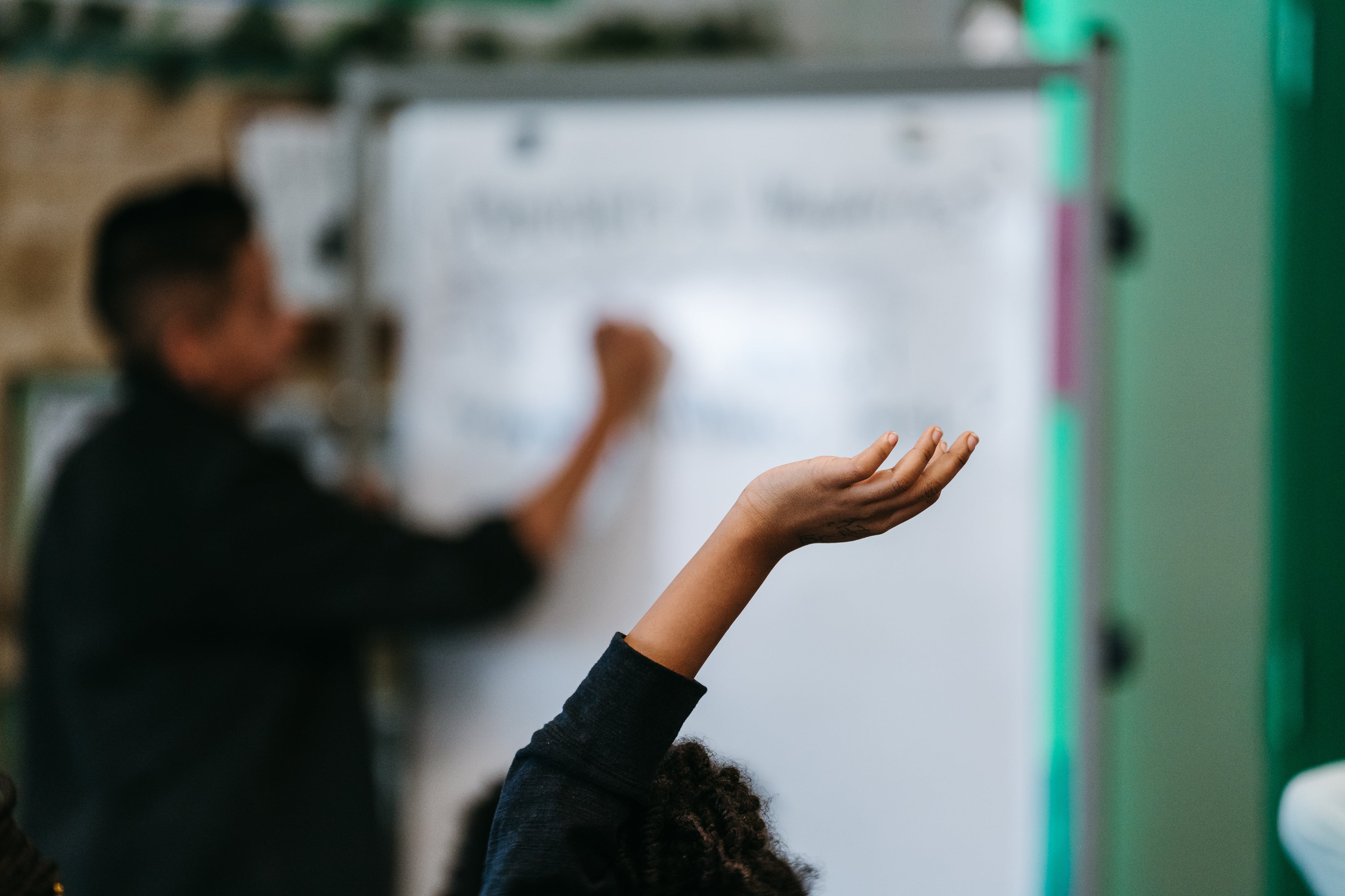Interested in having a say in choosing your community school’s principal, greenlighting the school’s budget, and local curriculum priorities?
Run to be a member of your local school council. And bring a friend, too.
That was the message Thursday night to hundreds of parents, community members, and teachers who signed on for a crash course on what local school councils do and how to become a member.
Starting Oct. 16, people can file paperwork to become a candidate in next April’s LSC elections. Applications are due Feb. 8, 2024. Despite numerous vacancies, during the 2022-23 school year a record number of more than 6,000 candidates applied to become LSC members, according to CPS.
After last year’s election, more than 1,400 seats for LSCs across the city of Chicago remained open, according to an analysis by Chalkbeat. This year, Chicago Public Schools is trying to get ahead of the curve and provide as much information — and encouragement — as possible to parents and community members who might be interested in having a louder voice in how their child’s school is run.
“Serving on an LSC is one of the most important, most impactful ways you can make a difference in your school,” said Kishasha Williams-Ford, director of LSC relations, during the virtual meeting.
With 374 vacant seats, the majority are up for grabs, according to a map of current local school council members from CPS. That includes open seats all across Chicago — from the South and West Sides to the North Side.
Next November, voters will also elect 10 members to the Chicago Board of Education as Chicago moves to a 21-member school board that will eventually be fully elected.
One of the most important jobs for LSCs is agreeing on who will lead the school: Members have a voice in determining local schools’ next principal. They also vote on budget priorities and curriculum decisions that aren’t determined by the school district.
CPS officials reminded attendees of these powers and responsibilities during the virtual meeting Thursday, encouraging everyone with an interest to run and to persuade their friends to do the same after the heavy slate of vacancies in 2022, mostly on Chicago’s majority Black and Latino South and West sides.
CPS CEO Pedro Martinez lauded parent and community involvement in local schools as being instrumental to recent student performance improvements. More Chicago students met state math and reading standards this year, but a majority of schools are still falling short of where they were pre-pandemic.
“The results are promising, why? Because we’re investing in our schools,” Martinez said Thursday night. “We can’t do this work without you. It is your voice, being connected at the local school level … that’s going to continue to make our district stronger.”
In a prepared video statement that aired during the Zoom meeting, Mayor Brandon Johnson praised the people willing to take the time to be on their local school councils and encouraged more to run in the next election.
“We need your voices and ideas to ensure our students receive the highest quality education and have every opportunity for success,” Johnson said.
Every two years, local school districts elect LSC members made up of parents, students, CPS staff, and community members. In order to become a member, people have to fill out an application form, meet the basic qualification criteria. Parent members must have a student enrolled at the school. Community members must live in the school’s attendance boundaries. Student members must be enrolled and teachers must work at the school they wish to represent.
Traditional LSCs are made up of the principal, six parent representatives, two community members, two teachers, one representative of non-teacher staff, three students for high schools, and one student for schools serving up to eighth grade. All positions — other than the one-year student terms — are for two years.
There are no term limits, so students, parents, and community members can run as many times as they want, as long as they still meet the basic qualifications. Anyone who has a child at the school or lives in the school’s attendance boundary can vote in the elections, including undocumented people.
Elections take place April 10, 2024 for elementary schools and April 11, 2024 for high schools.
Clarke Burnett, an eighth grade student at Skinner West Elementary School in the West Loop and a member of the school’s LSC, encouraged fellow students to run.
“If you’re passionate about your opinions about your school and have ideas … no matter what, your thoughts will be heard on the LSC,” Clarke said. “Whatever you have to say, it’ll be heard in some sort of way.”
Michael Gerstein is a freelance writer based in Chicago.





